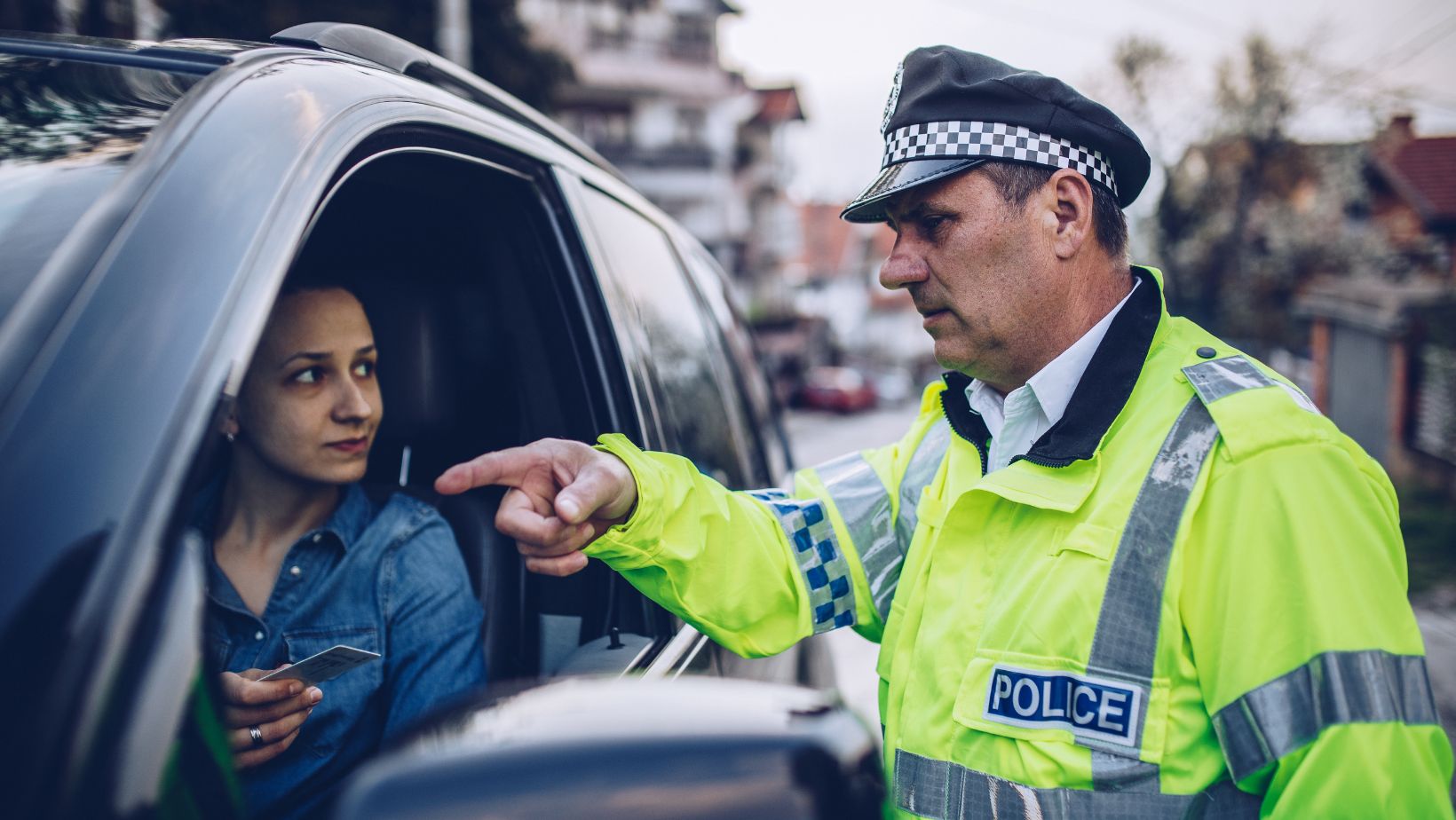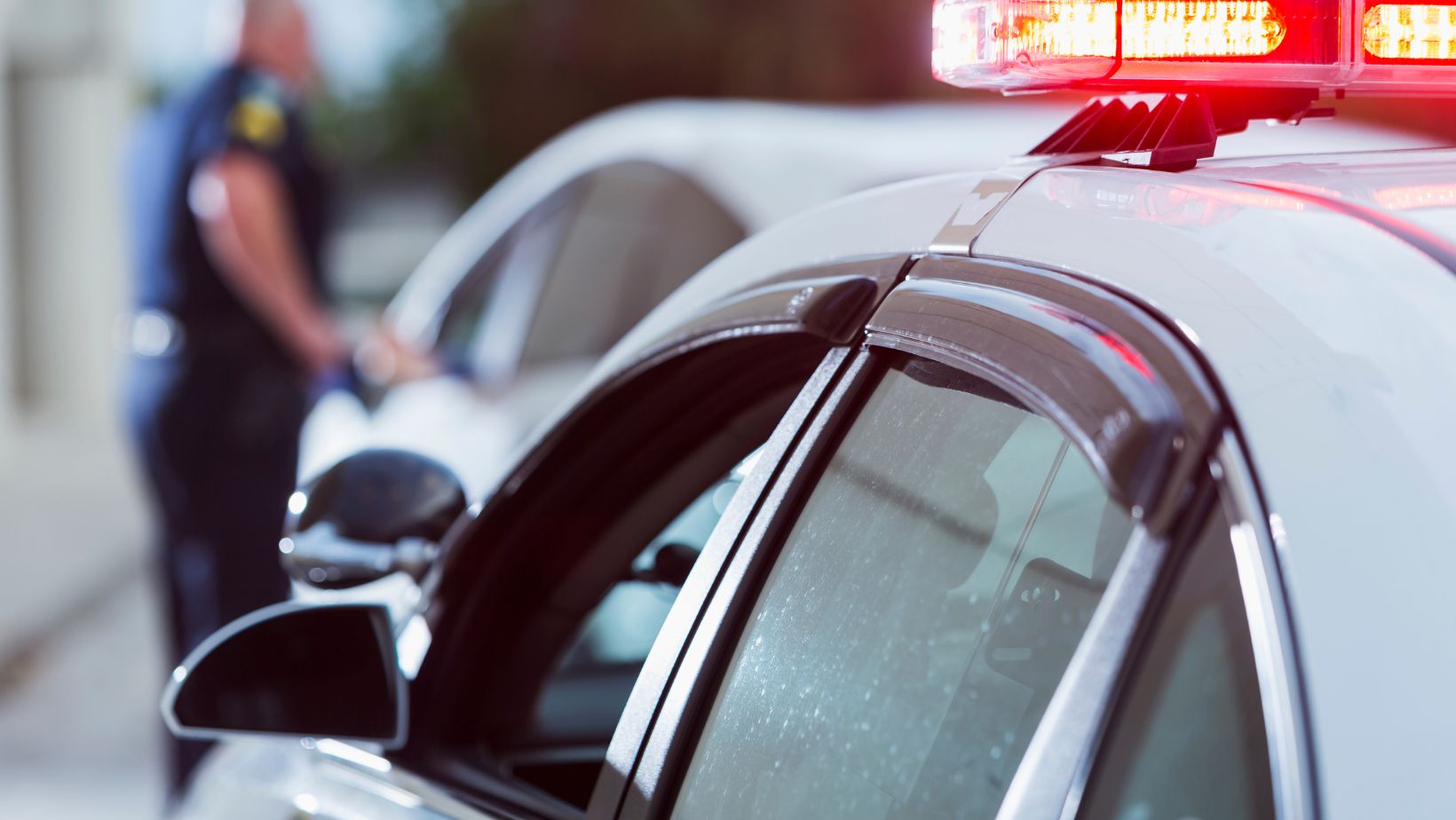Can a City Cop Pull You Over on the Highway? Find Out the Surprising Answer

Can a city cop pull you over on the highway? This is a question that many drivers have pondered at some point. The answer may not be as straightforward as one might think. While it largely depends on the jurisdiction and specific laws in place, generally speaking, city police officers do have the authority to pull over vehicles on the highway within their jurisdiction.
In most cases, city police officers are empowered with the authority to enforce traffic laws within their city limits and even extend their jurisdiction to adjacent areas. This means that if you are driving on a highway that falls within the boundaries of a particular city, a city cop has the right to stop your vehicle for violations of traffic laws such as speeding, reckless driving, or running a red light.
Can a City Cop Pull You Over on the Highway
Jurisdiction of City Police Officers on Highways
When it comes to traffic enforcement, one common question that arises is whether a city police officer has the authority to pull you over on the highway. The answer to this query depends on several factors, including jurisdiction and specific circumstances.
In most cases, city police officers have the power to enforce traffic laws within their designated jurisdictions, which typically include roads within the city limits. However, their authority may extend beyond city boundaries in certain situations. When it comes to highways, jurisdiction can become more complex as multiple law enforcement agencies may have overlapping areas of responsibility.
Understanding the Limits of City Police Authority on Highways
While city police officers generally have jurisdiction over highways that pass through their cities, there are limitations to their authority. State troopers or highway patrol officers usually have primary jurisdiction over highways and interstates. These specialized agencies are responsible for ensuring safety and enforcing traffic laws on major roadways.
That being said, city cops can still exercise their authority if they witness an immediate violation taking place or if they are assisting another agency during an incident on the highway. In such cases, they can initiate a traffic stop and issue citations or warnings accordingly.

Understanding Jurisdiction and Law Enforcement Boundaries
When it comes to the question of whether a city cop can pull you over on the highway, understanding jurisdiction and law enforcement boundaries is crucial. Let’s delve into this topic to gain clarity.
- Different Levels of Law Enforcement: Law enforcement operates at various levels, including federal, state, county, and city. Each level has its own jurisdictional boundaries and responsibilities. While state troopers typically have authority on highways and interstates, city cops primarily focus on enforcing laws within their respective cities.
- Highway Patrol vs City Police: State highway patrol officers are often responsible for patrolling major roads and highways within their designated jurisdictions. They are trained specifically for traffic enforcement on these roadways. On the other hand, city police officers generally prioritize maintaining law and order within their city limits.
- Mutual Aid Agreements: In certain situations, there may be mutual aid agreements between different law enforcement agencies that allow officers from one jurisdiction to assist in another jurisdiction if needed. These agreements promote cooperation among agencies but usually don’t grant full authority to enforce laws outside their primary area of responsibility.
- Traffic Violations: If you commit a traffic violation on the highway within a city’s jurisdiction, it’s possible for a city cop to pull you over. This can occur when the violation occurs near an exit or entrance ramp where the city’s jurisdiction extends onto the highway.
- Collaborative Efforts: To ensure effective law enforcement across different jurisdictions, many cities coordinate with state troopers or other relevant agencies to address issues that arise on highways passing through their territories. This collaborative approach helps maintain public safety while respecting each agency’s legal boundaries.
In conclusion, while state troopers typically have authority over highways and interstates, there are instances where a city cop may be able to pull you over on the highway if certain conditions are met – such as proximity to exits or entrances where their jurisdiction extends. Understanding the complexities of jurisdiction and law enforcement boundaries can help clarify when and where different officers have the authority to enforce laws on highways.
What's Your Reaction?
Deepak is a lover of nature and all things sporty. He loves to spend time outdoors, surrounded by the beauty of the natural world. Whether he's hiking, biking, or camping, Deepak enjoys being active and in touch with nature. He also loves to compete and push himself to his limits. Deepak is an avid cyclist, runner, and swimmer. He has competed in several triathlons and marathons, and is always looking for new challenges to take on.



